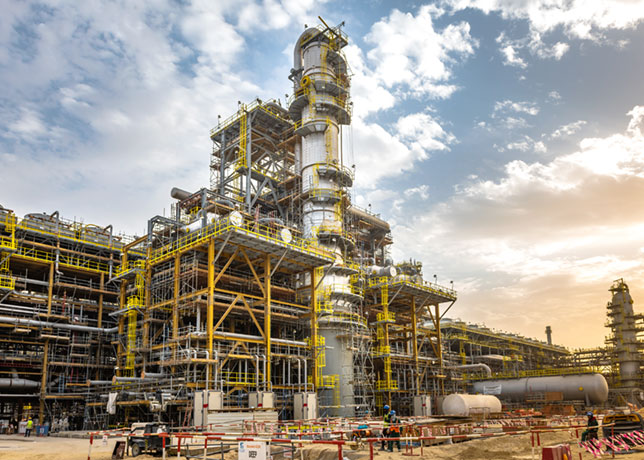
Oil will continue to play a crucial role in the global energy mix, and will comprise more than 50 per cent of the world's energy mix, according to ExxonMobil's latest Global Outlook report.
This enduring reliance underscores the persistent demand for these fuels, even as the global energy landscape evolves.
The report highlights that even if every new car sold globally in 2035 were electric, oil demand in 2050 would still reach 85 million barrels per day, maintaining levels seen in 2010.
While gasoline demand for passenger vehicles is expected to decrease, oil's role extends far beyond this. A substantial portion of the world's oil is used in industrial processes, including manufacturing and chemical production, as well as in heavy-duty transportation such as shipping, trucking, and aviation. These sectors are vital for modern living and essential for economic growth in developing regions.
Global energy consumption is projected to rise by 15 per cent between now and 2050, driven largely by efforts to elevate billions of people living below the "modern energy minimum" to higher living standards. This increase will be met by a mix of renewable energy sources and fossil fuels, including oil and natural gas.
Energy use in developed countries is expected to decline by over 10 per cent due to improved efficiency, while energy consumption in developing nations will surge to support economic progress.
Despite the increase in energy use, global carbon emissions are anticipated to decline starting in 2030. This decrease will be driven by enhanced energy efficiency, the expansion of renewable energy sources, and advancements in low-emission technologies such as carbon capture, hydrogen, and biofuels.
However, the oil industry faces challenges from underinvestment and the shift toward unconventional sources.
Without new investment, global oil supplies could drop dramatically, from 100 million barrels per day to less than 30 million by 2030, leaving a substantial shortfall in meeting global demand, the report says.











































































